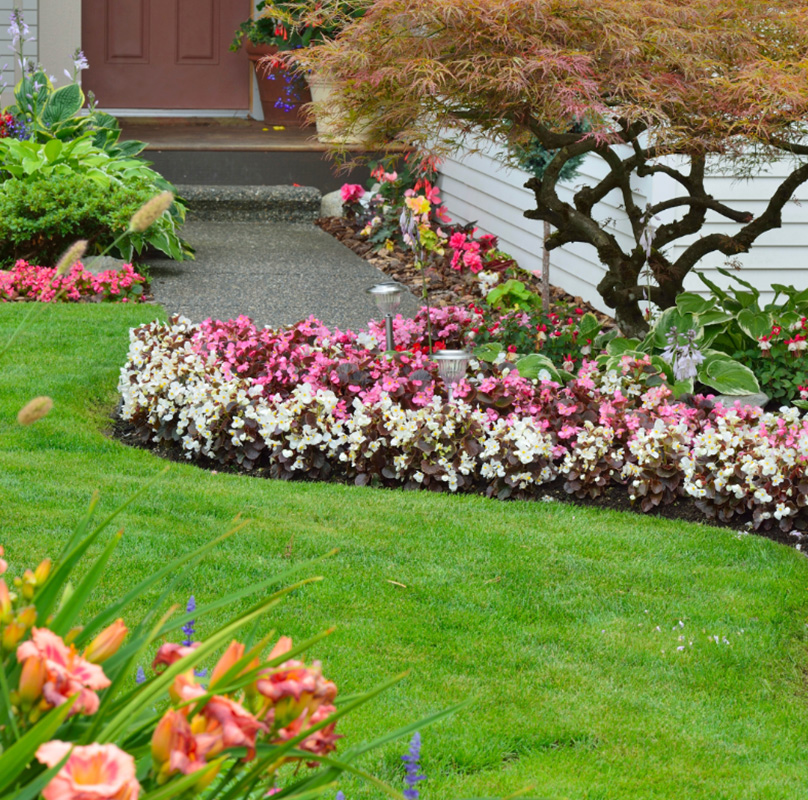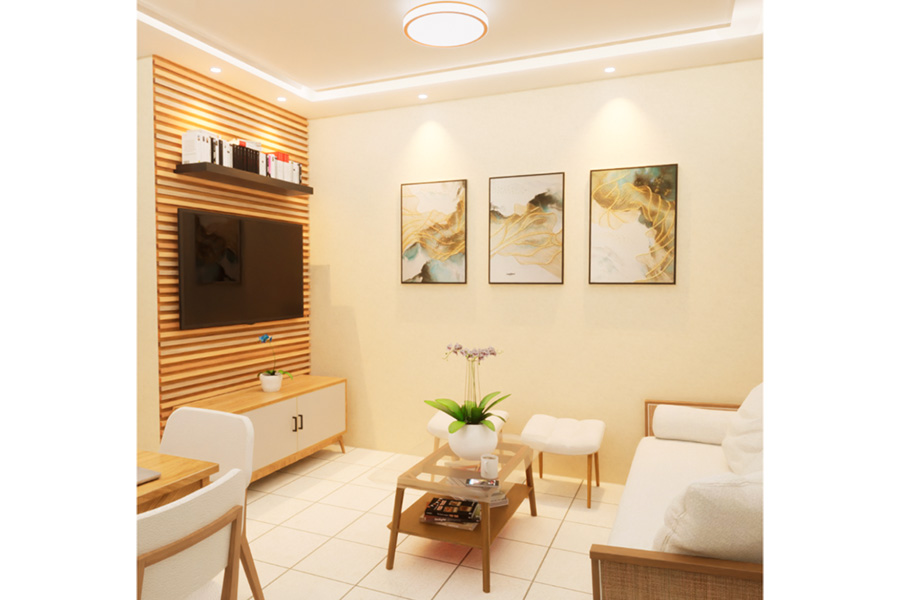Looking for a house for rent in Singapore can be an exciting yet complex endeavour. As you search for the perfect house for rent in Singapore, it’s crucial to understand the ins and outs of rental agreements. These agreements outline the terms and conditions between the landlord and tenant, ensuring a smooth and harmonious renting experience. In this article, we will demystify Singapore’s rental agreements for house rentals, providing valuable insights and tips to help you navigate the process with confidence.
Know the Key Terms:
Before signing any rental agreement, familiarise yourself with the key terms commonly used in Singapore’s rental market. Terms such as rental price, security deposit, lease duration, and maintenance responsibilities are vital to understanding. Being well-versed in these terms will empower you to negotiate and make informed decisions.
Clarify the Rental Price:
The rental price is crucial of any rental agreement. Ensure you understand the monthly rental amount and any additional charges, such as utility bills or maintenance fees. It’s important to discuss and document any agreed-upon increases in rent throughout the lease.
Understand Security Deposits:
Landlords in Singapore typically request a security deposit before the tenancy begins. This deposit acts as protection against damages or unpaid rent. Ensure to know the amount required and the conditions for its refund at the end of the tenancy. Document the condition of the house thoroughly to avoid disputes regarding deductions from the deposit.
Review Lease Duration:
Rental agreements specify the duration of the lease, whether it’s a fixed-term lease or a periodic lease. Understand the length of your tenancy and any conditions for early termination. Be aware of the notice period required for both parties to terminate the lease and any associated penalties.
Document Pre-Existing Damages:
Before moving into the rental house, conduct a thorough inspection and document any existing damages. Take photographs or videos, and ensure both you and the landlord sign off on the condition report. This documentation will protect you from being held responsible for damages that were present before your tenancy.
Establish Maintenance Responsibilities:
Clarify the responsibilities for maintenance and repairs in the rental agreement. Typically, landlords are responsible for structural repairs, while tenants are responsible for day-to-day maintenance. Ensure that any agreed-upon repairs or maintenance obligations are clearly stated in the agreement.
Seek Legal Advice if Needed:
If you encounter complex terms or have concerns about the rental agreement, it’s advisable to seek legal advice. A professional lawyer can review the agreement, provide guidance, and ensure your rights and interests are protected.
Read the Fine Print:
Take the time to carefully read and understand every clause in the rental agreement. Pay attention to specific rules regarding pets, subletting, or modifications to the property. If any clauses are unclear or you have reservations, discuss them with the landlord before signing.
Communicate Openly with the Landlord:
Open communication with your landlord is crucial throughout your tenancy. Discuss any concerns or necessary repairs promptly. Building a good rapport with your landlord can contribute to a positive renting experience.
Keep Copies of All Documents:
Once the rental agreement is signed, make sure to keep copies of all relevant documents, including the agreement itself, receipts, and correspondence with the landlord. These documents will serve as evidence in case of any disputes or clarifications needed in the future.
Conclusion
Understanding Singapore’s rental agreements is essential for a smooth and hassle-free house rental experience. By familiarising yourself with the key terms, clarifying rental prices and security deposits, reviewing lease durations, and documenting pre-existing damages, you can protect your rights and enjoy a harmonious tenancy. Remember to seek legal advice when necessary, communicate openly with your landlord, and keep copies of all important documents. Armed with this knowledge, you can confidently embark on your search for the perfect house for rent in Singapore.

Are you ready to find your dream house for rent in Singapore? Start your search today and embark on an exciting new chapter in your life. Contact Coliwoo today! Happy house hunting!

